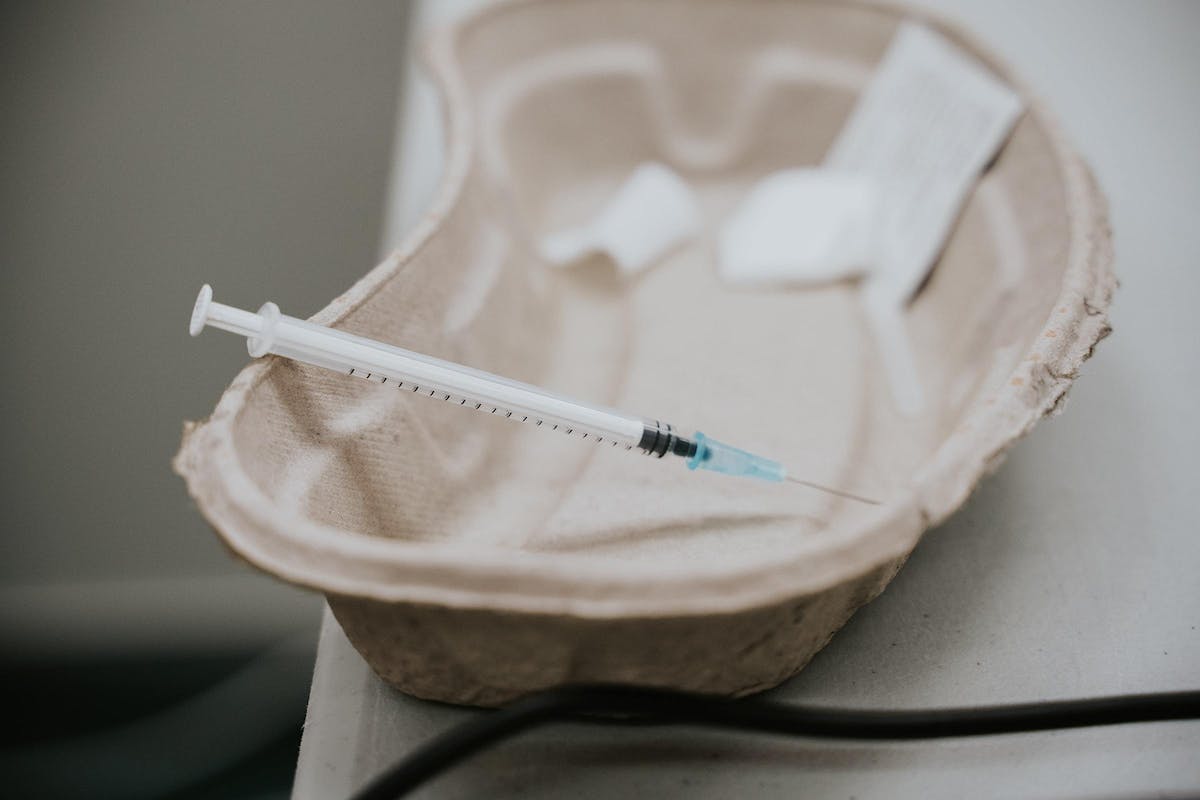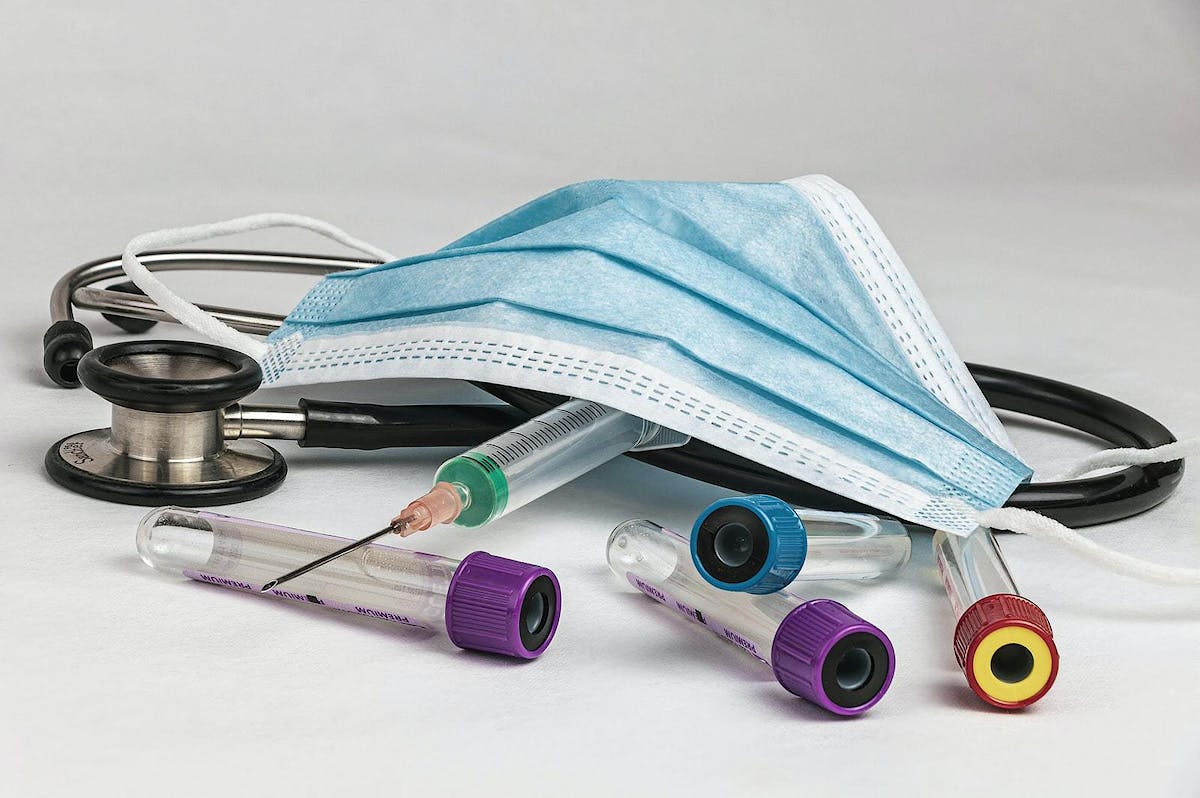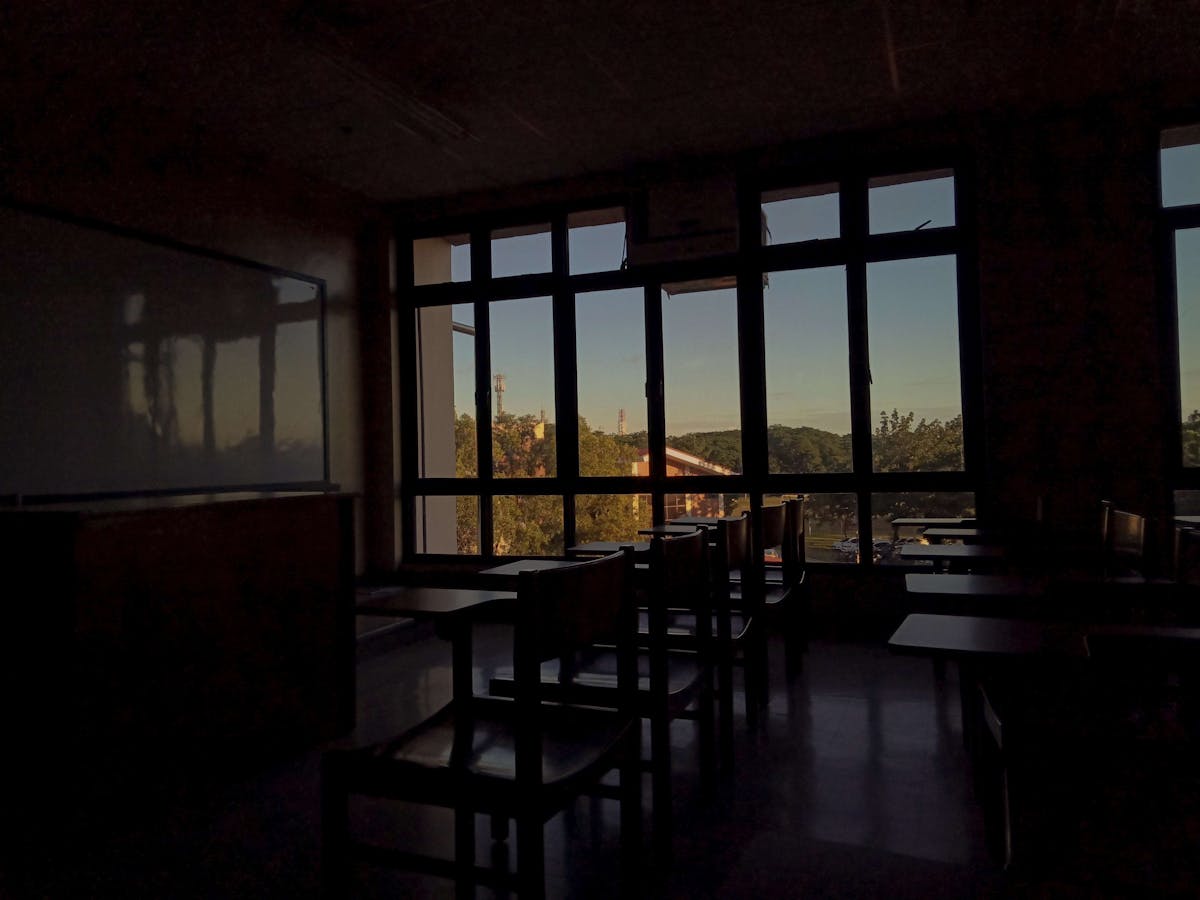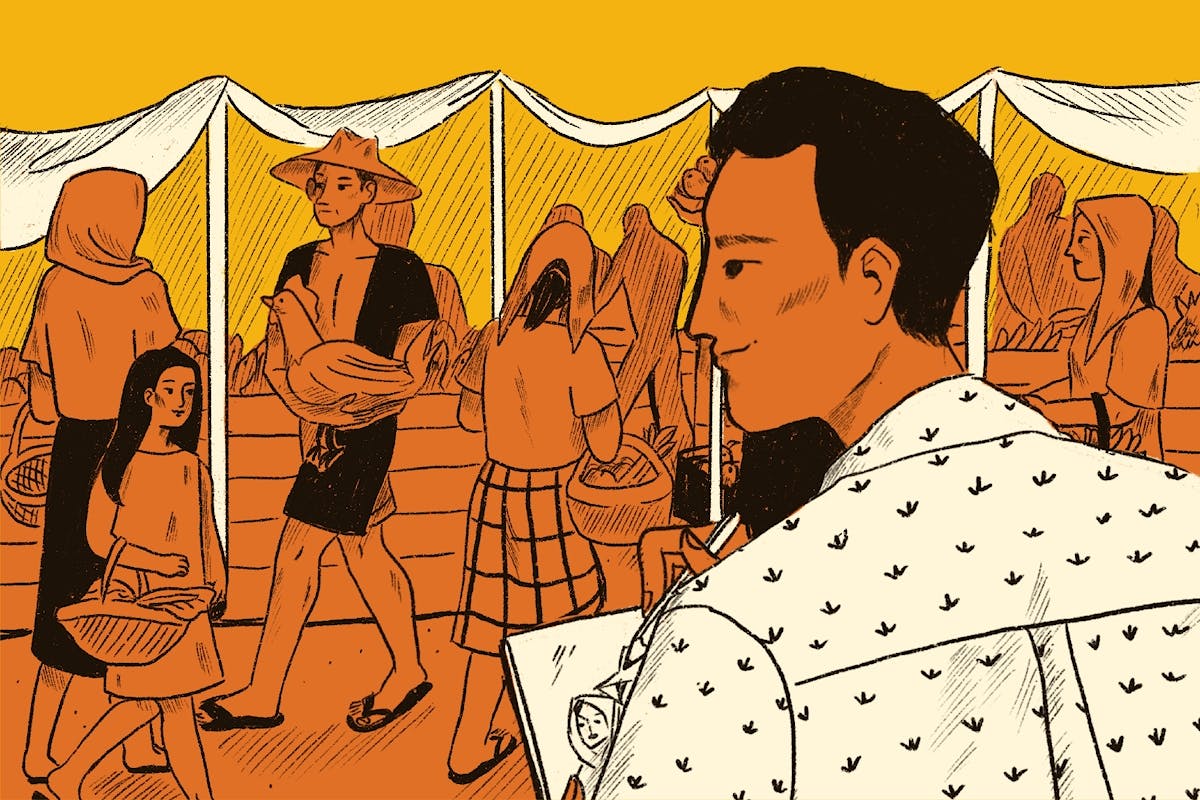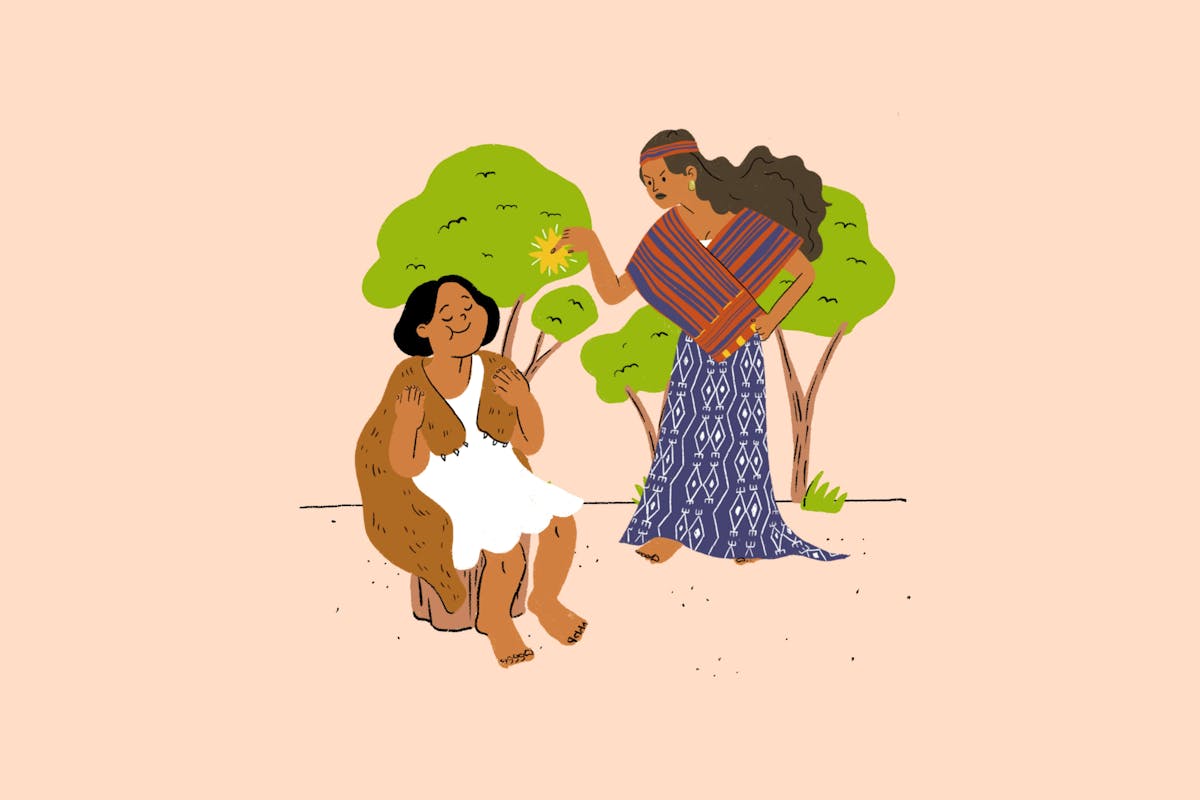
Our Way Forward
Paano Na Sila? Fighting COVID-19 and food insecurity
The enhanced community quarantine (ECQ) implemented by the Philippine government has been lauded by the World Health Organization.
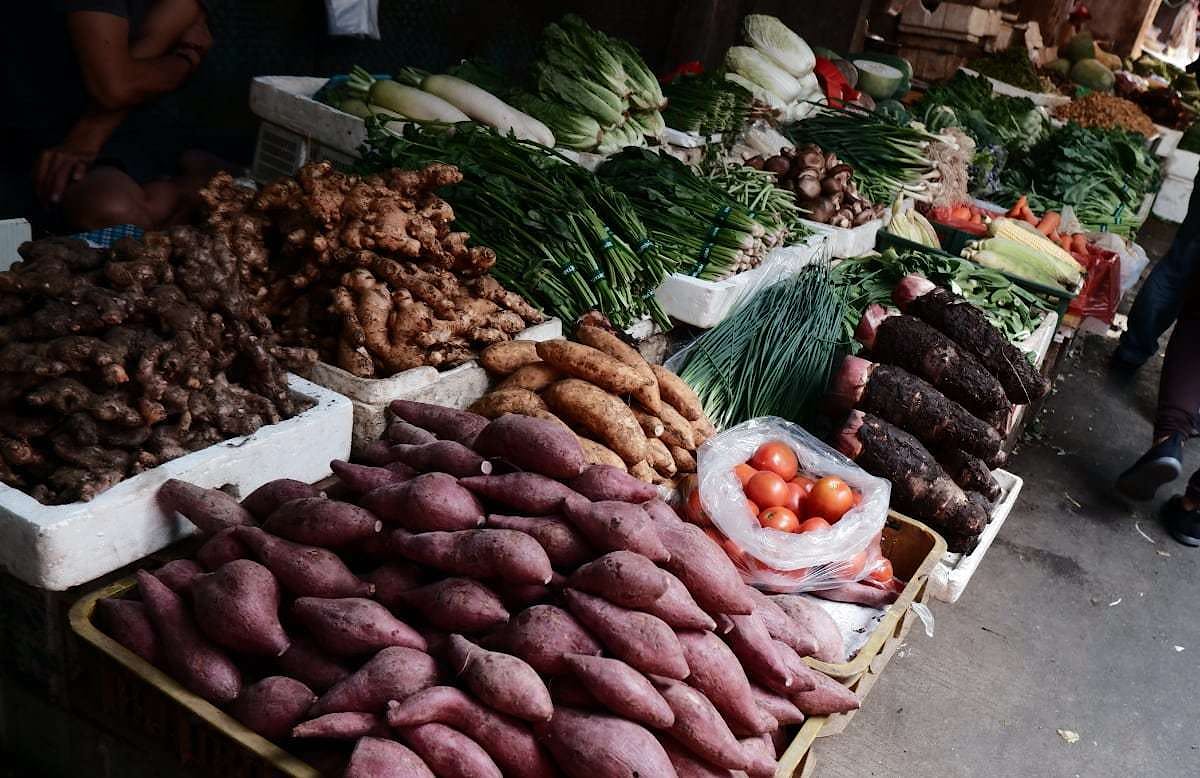
The enhanced community quarantine (ECQ) implemented by the Philippine government has been lauded by the World Health Organization. It was deemed necessary to slow down the transmission and spread of the 2019 coronavirus disease (COVID-19). However, the emerging management of this health emergency is replete with illustrations of unevenness in accessing basic resources, and powerlessness of the most vulnerable groups to weather the situation. Most daily-wage workers and informal workers still lack adequate social protection and safety nets after being barred from going to their places of work during the ECQ period. These economic shocks have dire consequences on the most vulnerable groups, primarily the children and the older members of the households who, more than ever, need adequate nutrition, to ward off a possible attack of COVID-19.
Illustrative is the case of a highly-urbanized city in Metro Manila where disadvantaged households of public school children needed to make adjustments to respond to economic disruptions last 2018. Majority (63.14%) of these households were already struggling with various degrees of food insecurity with a quarter (24.68%) classified as severely food insecure. This means that these households lack access to sufficient food at all times. After the onset of high food-price inflation in 2018, between February and September, food insecurity increased from 63.14% to 75.97%.
The vulnerability of these daily-wage earners is very glaring in these difficult times. They do not get any income during the ECQ period, and together with workers in the informal economy, they find themselves, and to a certain extent their respective families, with no source of income. Thus, the impact of ECQ on food insecurity is expected to be much worse compared to the 2018 high food price inflation. In the sampled households, 64% have at least one member who is a daily wage earner, which translates into PhP2,638.31 loss in weekly income. For 14% of the households with at least two daily wage earners, the estimated loss in weekly income is double at Php 5,276.62. Although not mutually exclusive, there is also the 38% of the households with at least one member in elementary occupation or informal worker. For this group, the weekly income loss is about PhP2,076.43.
The income shock brought about by the sudden implementation of ECQ exacerbates disparities in health and nutrition. Nutrition plays a key role in immune response. While the vulnerability of the elderly has received much media attention, yet another vulnerable group is children, particularly those living in poor households. Malnutrition during childhood leads to negative impacts that worsen viral immunity and long-term susceptibility to disease.
However, there are some efforts that can help manage malnutrition among the vulnerable population aside from boosting the disaster-relief funds of LGUs.
What can be done at the discretion of LGUs is to incorporate cooked healthy meals in their distribution of relief packages. The infrastructure to accomplish this can be borrowed from existing programs. Some LGUs have centralized kitchen operations or organize cooking in school canteens because of DepEd and DSWD school-based feeding programs. Similar to those packing relief goods, cooks will also need to observe proper hygiene and physical distancing; however, utilizing resources already available to LGUs can go a great length in protecting a community’s health.
At present, almost two million malnourished Filipino children benefit from government-sponsored school feeding programs. In the distribution of rations, LGUs can prioritize these households through barangay registries or with data from public schools and ensure that these families have adequate and healthy meals for their children.
Since 14 million (66%) households do not have a refrigerator, they cannot stock fresh ingredients. The Valenzuela City government issued food vouchers which can be used to buy fresh ingredients, while the Pasig City government deployed mobile palengkes ensuring food security and at the same time helping sustain the income of market vendors. Important to sustaining these efforts is providing stimulus for agriculture and food manufacturing and making these ingredients part of the food rations. Through government subsidy for public-private sector coordination among large scale food producers and distributors, food supply for the year can be ensured, preventing not only physical hunger but also social unrest that comes with deprivation.
With the implementation of the Universal Healthcare Law, primary healthcare is more important than ever. Basic health system can help prevent the overburdening of hospital facilities during epidemic by providing services such as vaccination on preventable diseases. Food insecurity is a persistent challenge our country faces even in normal times. The current epidemic will continue to deal big blows to our society and economy. We must have social protection in the form of food subsidies outlined above so that every Filipino is healthy enough to return to work and school and build up our country once again.

